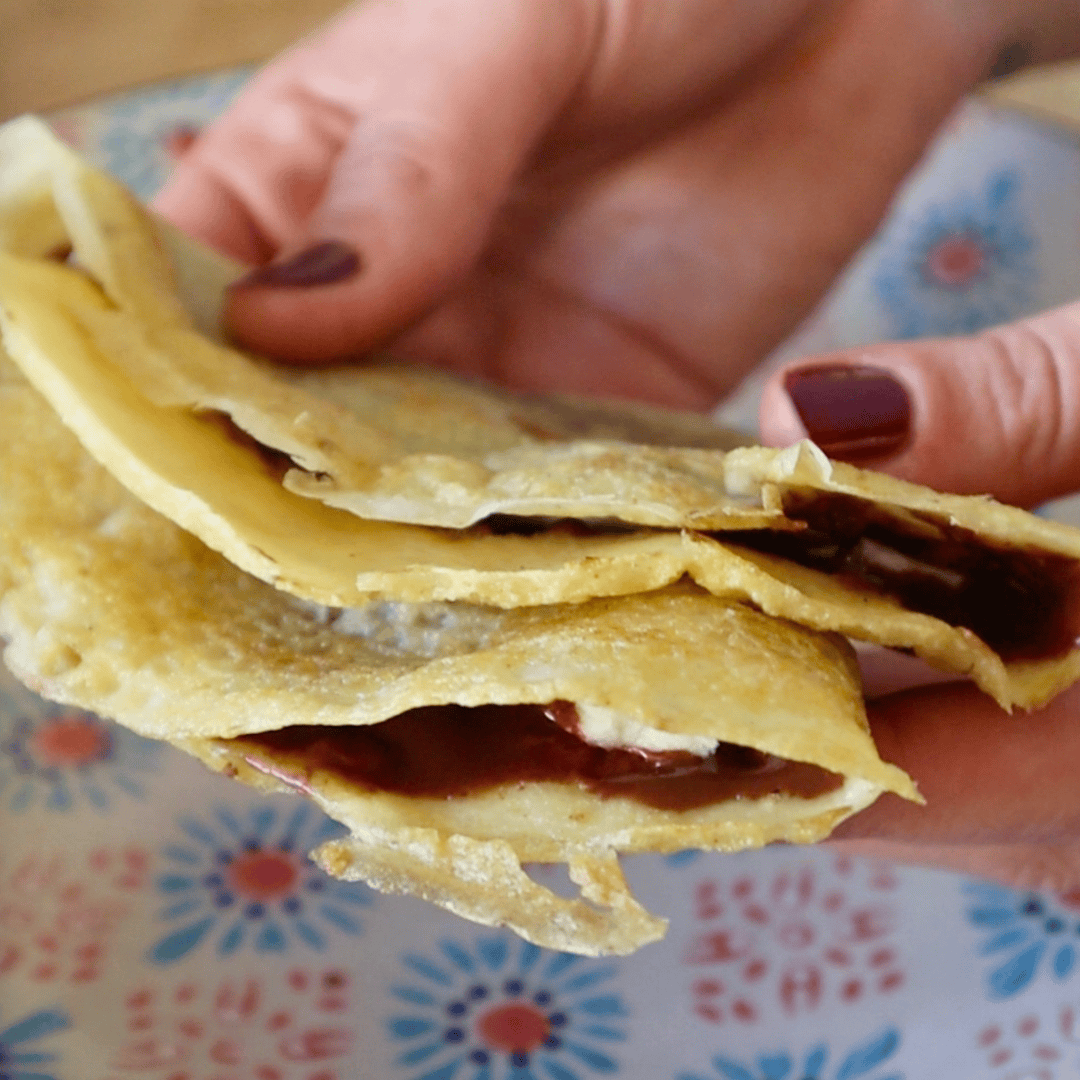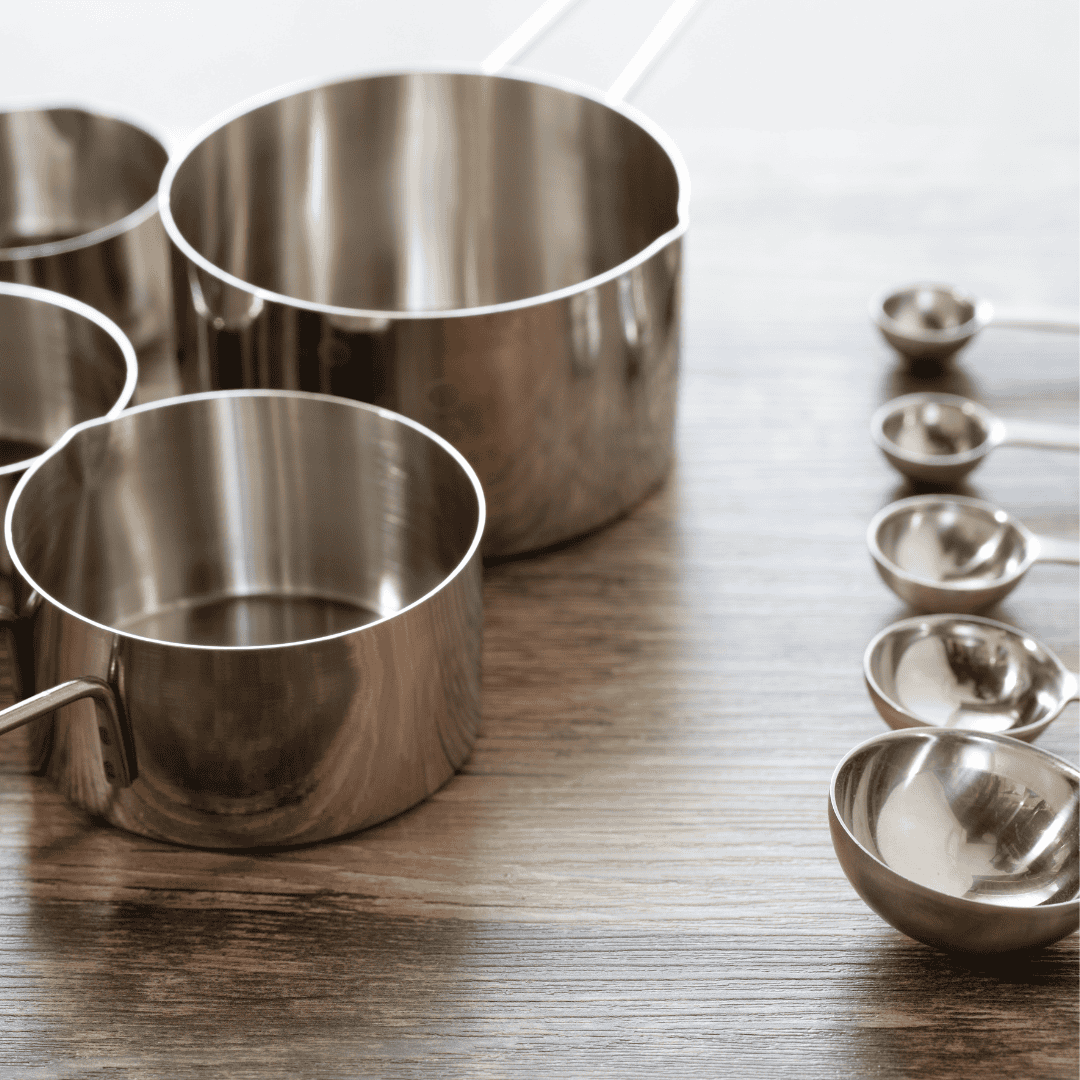Ever been in the middle of cooking or baking, only to realize the recipe calls for ounces, but you only have a tablespoon handy? but how many tablespoons in an ounce?
Maybe you’re eyeballing a measurement and wondering if you’re about to ruin your dish? No worries—I’ve got you covered!
Let’s break it down in a super simple way so you can measure like a pro (or at least fake it until you make it!)

The Quick Answer: Ounces to Tablespoons Conversion
In most cases, 1 fluid ounce = 2 tablespoons. Yup, it’s that easy!
If you’re dealing with dry ingredients, though, the answer can change depending on what you’re measuring.
Dry ounces measure weight, while tablespoons measure volume, so things like flour, sugar, or cocoa powder won’t always have a straightforward conversion. But don’t worry—we’ll get into that, too!
Why This Conversion Matters
Imagine you’re making a delicious sauce, and the recipe calls for 4 ounces of milk. If you don’t have a measuring cup that shows ounces, you might panic.
But now that you know 4 ounces = 8 tablespoons, problem solved! No need to second-guess or make a wild guess that could mess up the balance of flavors.
How Many Tablespoons in an Ounce – Liquids vs. Dry Ingredients
Liquid Ingredients
For liquids like water, oil, milk, or lemon juice, the conversion is straightforward:
- 1 fluid ounce = 2 tablespoons
- 2 fluid ounces = 4 tablespoons (or ¼ cup)
- 4 fluid ounces = 8 tablespoons (or ½ cup)
- 8 fluid ounces = 16 tablespoons (or 1 cup)
So if your recipe asks for 6 ounces of almond milk, you now know that’s 12 tablespoons!
Dry Ingredients
Here’s where it gets tricky. Since dry ounces measure weight and tablespoons measure volume, different ingredients will take up different amounts of space.
For example:
- Flour: 1 ounce = about 3.5 tablespoons
- Sugar: 1 ounce = about 2.25 tablespoons
- Cocoa powder: 1 ounce = about 3 tablespoons
- Butter: 1 ounce = 2 tablespoons (this one’s easy!)
Moral of the story? If you’re measuring dry ingredients, it’s best to check a conversion chart specific to what you’re using rather than assuming a one-size-fits-all approach.

Tablespoons To Ounces – Conversion Table
To make things even easier, here’s a handy conversion table:
| Ingredient | Conversion (1 oz to tbsp) |
|---|---|
| Flour | 3.5 tbsp |
| Sugar | 2.25 tbsp |
| Cocoa Powder | 3 tbsp |
| Butter | 2 tbsp |
| Water | 2 tbsp |
| Olive Oil | 2 tbsp |
| Milk | 2 tbsp |
| Maple Syrup | 2 tbsp |
| Lemon Juice | 2 tbsp |
| Honey | 1.5 tbsp |
| Peanut Butter | 2 tbsp |
| Cornstarch | 1.75 tbsp |
| Baking Powder | 2.25 tbsp |
| Chia Seeds | 1.5 tbsp |
| Oats | 3 tbsp |
| Almond Flour | 4 tbsp |
| Brown Sugar | 2.5 tbsp |
| Cocoa Butter | 2 tbsp |
| Vinegar | 2 tbsp |
Handy Tip: Using a Kitchen Scale
If you love precision in cooking and baking, investing in a kitchen scale can be a game changer. It eliminates the guesswork, especially for dry ingredients. Simply set it to ounces, weigh your ingredient, and you’re good to go!

Common Kitchen Scenarios Where You Need This Conversion
1. Making a Dressing or Marinade
You’re whipping up a salad dressing that calls for 3 ounces of olive oil. Instead of scrambling to find a measuring cup, just grab your tablespoon—3 ounces = 6 tablespoons. Easy!
2. Baking Without a Measuring Cup
You’re making muffins, and the recipe calls for 2 ounces of maple syrup. No problem—2 ounces = 4 tablespoons.
3. Doubling or Halving a Recipe
A recipe asks for 1 ounce of lemon juice, but you want to double it. Now you know that means 4 tablespoons total. No more awkward estimations!
4. Replacing an Ingredient
You need 2 ounces of melted coconut oil, but you only have a tablespoon handy. Instead of making a wild guess, just measure out 4 tablespoons.
Additional Conversions to Keep in Mind
Sometimes, you need to go beyond ounces and tablespoons to ensure accuracy in recipes. Here are some other handy conversions:
- 1 tablespoon = 3 teaspoons
- 1 cup = 16 tablespoons (or 8 ounces)
- 1 pint = 2 cups (or 32 tablespoons)
- 1 quart = 4 cups (or 64 tablespoons)
- 1 gallon = 16 cups (or 256 tablespoons)
Fun Fact: Tablespoons Around the World
Did you know that tablespoon sizes vary depending on the country? In the U.S., a tablespoon is 15 milliliters, but in Australia, a tablespoon is 20 milliliters! If you’re using an international recipe, it’s worth checking the measurement system to avoid any mistakes.
Kitchen Hacks for Measuring Without Tools
Don’t have a measuring spoon or cup handy? Here are some quick tricks:
- Use a regular soup spoon: It’s close to a tablespoon but slightly smaller.
- A shot glass usually holds about 1 ounce (or 2 tablespoons).
Final Thoughts
Now that you know how many tablespoons are in an ounce, you’ll never have to pause your cooking to Google it again! Whether you’re measuring liquids, dry ingredients, or scaling recipes up and down, this simple conversion will save you time and stress in the kitchen.
Got a favorite kitchen hack for measurements? Drop it in the comments—I’d love to hear your tips!









